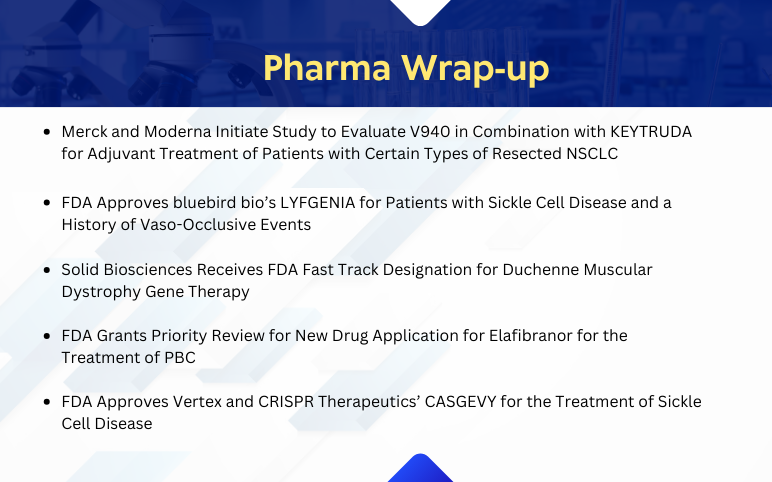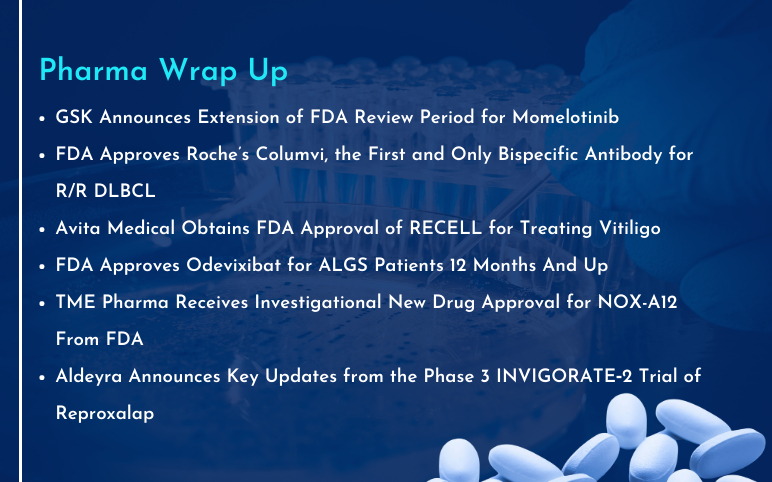Aurobindo takes top generic spot; Valeant unloads Dendreon; Ipsen strikes $1B deal; Takeda shells out $5.2B
Jan 12, 2017
Table of Contents
Aurobindo takes top generic spot in Portugal with €135M deal for Generis Farmacêutica
India’s Aurobindo Pharma, which has been building its presence around the world, has struck a new deal to buy a generics manufacturer and plant in Portugal which it says will make it the largest generics manufacturer in that country. Aurobindo will pay about €135 million to buy Generis Farmacêutica and a handful of subsidiaries from Magnum Capital Partners. In addition to producing for the Portuguese market, the Indian drug maker will use the facility to supplement its European production. Generis is projected to have sales of about €64.8 million for 2016. Aurobindo projects that it can extract about €2 million in savings from its combined operations in 2018 and €5 million in 2019.
Valeant unloads Dendreon and skin care brands for $2.1B in turnaround cash
Valeant is using the J.P. Morgan Healthcare Conference to make a big statement about its arduous turnaround, which is largely focused on paying down its $30 billion debt burden. The company announced a couple of long-awaited asset sales that will yield $2.1 billion in cash. Valeant plans to unload its equity interest in cancer drug maker Dendreon, which has had a troubled history of its own, as well as its skincare brands CeraVe, AcneFree and AMBI. Valeant agreed to offload those skincare brands to cosmetics giant L’Oréal for $1.3 billion in cash. The three products have annualized revenues of $168 million, and demonstrates the “progress” Valeant is making “in reshaping our product portfolio and driving value for our shareholders.” The company will use the proceeds to repay debt.
Downloads
Click Here To Get the Article in PDF
Recent Articles
- Ipsen’s Cabometyx Rejected by NICE; Vertex and CRISPR Therapeutics’s Submit BLA to the FDA for ex...
- Ipsen to Acquire Albireo; Chiesi Farmaceutici to Buy Amryt Pharma; Takeda Presents Phase III Resu...
- Novartis, slammed by Korean scandal; FDA tweaks; Dendreon eyes; Amgen adds
- Merck and Moderna Initiate Study to Evaluate V940; FDA Approves Vertex and CRISPR Therapeutics’ C...
- Ipsen’s Onivyde Combo Ends a Decade-Long Dry Spell in Newly Diagnosed Pancreatic Cancer
France’s Ipsen strikes $1B deal in big push in U.S. oncology
Ipsen has reached an agreement to buy the underperforming pancreatic cancer drug of U.S.-based Merrimack Pharmaceuticals in a deal that could top $1 billion. Ipsen, which has been building its U.S. presence for several years, will pay Merrimack $575 million in cash when the deal closes, which is expected by the end of the quarter, and up to $450 million in additional milestone payments. For that, Ipsen gets the U.S. rights to current and future uses of Onivyde, as well as the licensing agreement with Shire for rights to the drug outside the U.S. It also gets Merrimack’s U.S. manufacturing operations and will take on about 100 employees, mostly in manufacturing, but also a few commercial employees as well as some in R&D. Ipsen will also add Merrimack’s generic version of ovarian cancer drug Doxil.
Takeda shells out $5.2B for Ariad, Iclusig and its fledgling med brigatinib
Takeda just snapped up a deal with Ariad Pharmaceuticals, a cancer-focused drug maker with a marketed product to bring in current revenue and a pipeline that offers near-term prospects. In a deal valued at $5.2 billion, Takeda plans to shell out $24 per share for Ariad and its leukemia drug Iclusig and its late-stage ALK-inhibiting lung cancer drug brigatinib, now under priority review at the FDA. With the patent on its blockbuster multiple myeloma med Velcade expiring this year, Takeda reportedly set aside $15 billion last fall to make deals, focusing on cancer, gastrointestinal disorders and neurological diseases. Its new Crohn’s disease drug, Entyvio, has taken off quickly, as has its top seller’s intended successor, Ninlaro, but the company needs more than a couple of products to make up the Velcade difference in the near term. Ariad is an obvious fit with Takeda Oncology, with its expertise in blood cancers and desire to branch out into different forms of the disease.
Downloads
Article in PDF
Recent Articles
- Ipsen’s Cabometyx Rejected by NICE; Vertex and CRISPR Therapeutics’s Submit BLA to the FDA for ex...
- Ipsen’s Onivyde Combo Ends a Decade-Long Dry Spell in Newly Diagnosed Pancreatic Cancer
- EicOsis receives USD 15M to fuel its non-opioid pain therapy; Alexion Pharmaceuticals buys Achill...
- Novartis, slammed by Korean scandal; FDA tweaks; Dendreon eyes; Amgen adds
- FDA Extended the Review Period for Momelotinib; FDA Approves Roche’s Columvi; Avita Medical Obtai...




